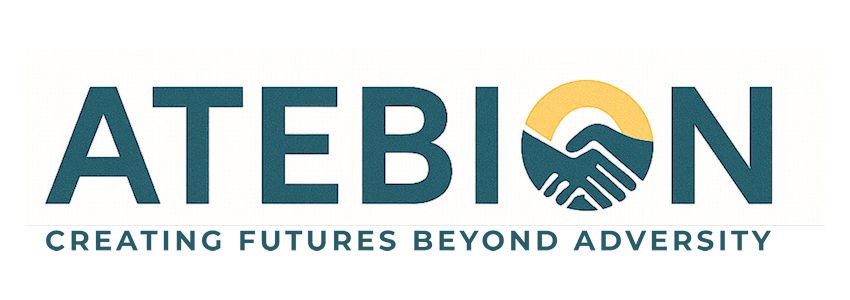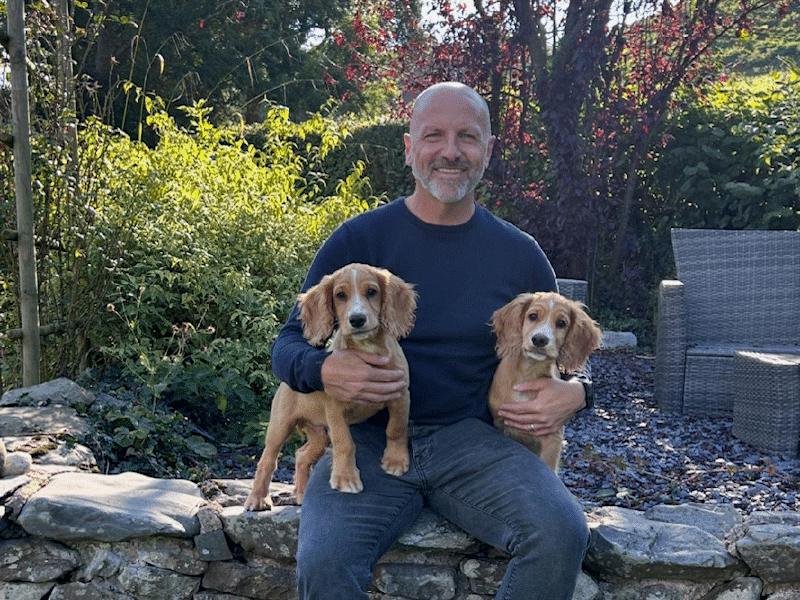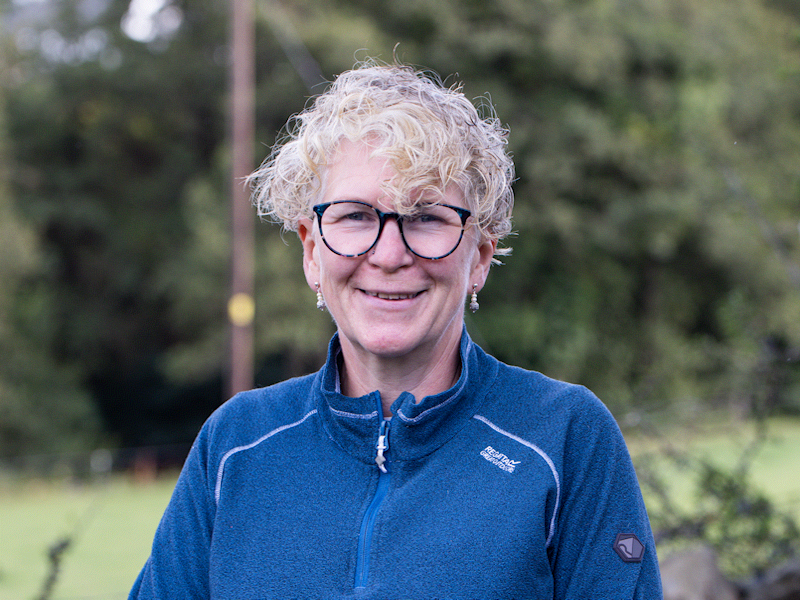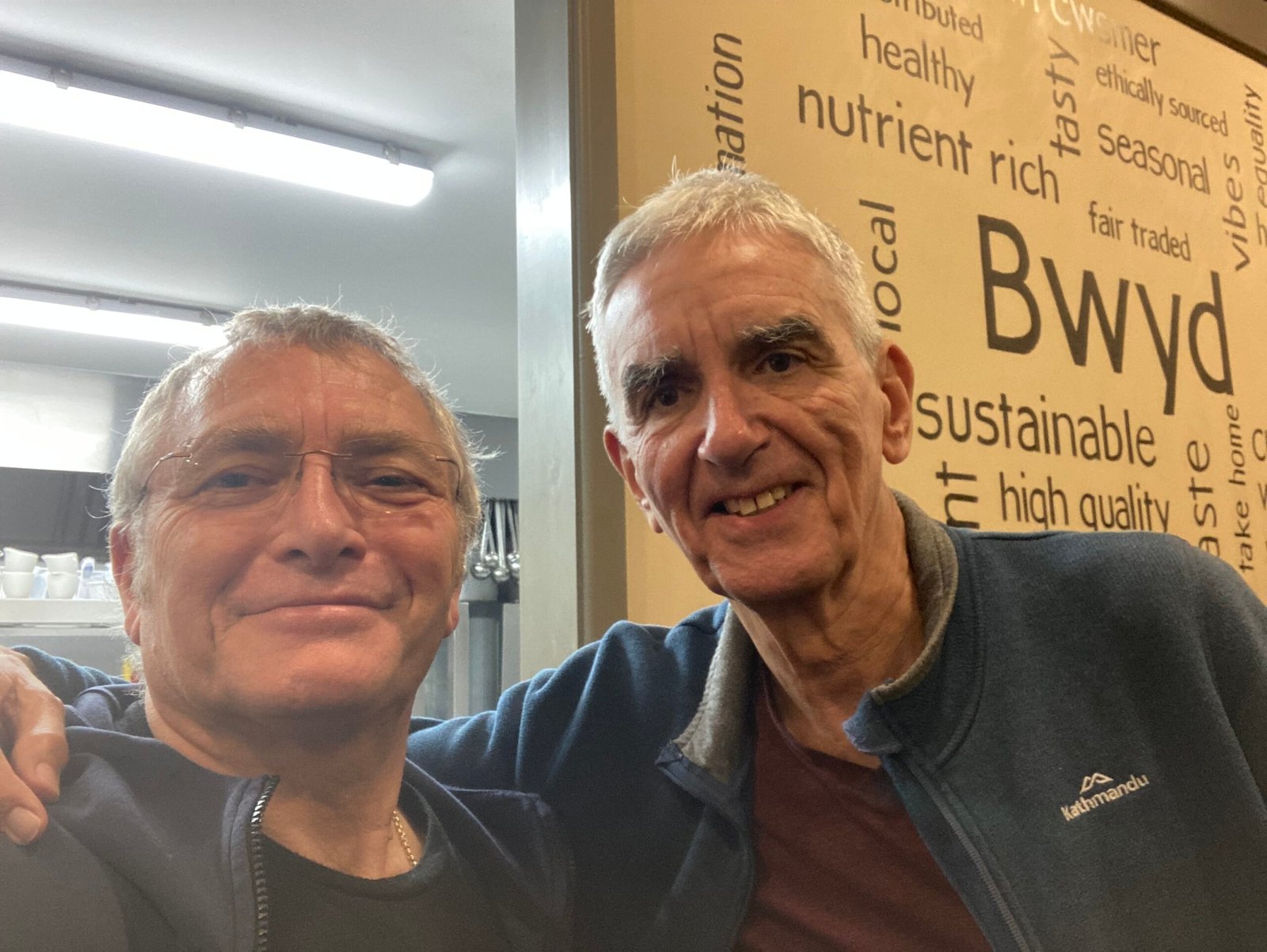The short time I spent in rehab was to have a profound effect on the rest of my life. I am one of the people who arrived at the doors of that ‘big house on a hill’ completely ready for what I was to experience. However, I had no idea that this was the case and spent the first week or so in a vain attempt to defend my behaviour.
I was, however, amongst experts, and it was soon clear to me that my behaviour didn’t merit defending. I’d long ago run out of excuses, and had been running on empty for a while. This didn’t stop me from defending everything I’d become as best I could—in the face of all the evidence.
Things changed for me on the first Sunday evening. There was an in-house Narcotics Anonymous (NA) meeting—the first I’d attended—and it was to alter the way I viewed pretty much everything. I often refer to that first meeting as a pivotal moment, around which the direction and context of my life turned.
What I most remember from that first meeting was a real sense of unease about the quasi-religious appearance of it. I have a sister who is a committed Christian and I had tried Christianity myself, but couldn’t make any sense of it at all. On this Sunday evening, there was a poster on the wall with the 12-Steps on it. What I saw on it was the word God—capital G—and some other words. I was waiting for someone to pull a guitar out from under a chair and start singing. I remember feeling very defensive and nervous.
I often speak about that first meeting as an example of the idea that what I bring into a room affects what happens there. My sense of unease was based on my history, not on anything else. I had made a whole lot of assumptions about that meeting, and of the people in it, within seconds of arriving, and without any real evidence.
As I listened to people reading the pieces of NA literature that are read at the beginning of every meeting, something stirred inside me. I heard a description of an addict, and realised that I was one. I heard how addiction ‘was an isolating, chronic, progressive condition, with the only outcomes being jails, institutions and death.’ [Narcotics Anonymous, Basic Text]
I heard why everyone was gathered together, about how I was ‘powerless over my addiction’, and how the members of NA had turned ‘in desperation’ to each other, and had found a way to freedom from their addiction.
I also remember the man who gave the ‘share’ at the beginning. I’m pretty sure his name was Micky and that he’s dead now. It was the first time in my life that I’d heard anyone speak about using drugs like I’d used drugs. It was also the first time I’d seen anyone who’d stopped using—actually chosen to stop, and who was at peace with their decision. I’d stopped using a lot, but always because I either had no money or no access to drugs.
The results of that first meeting, and the effect on my life, were immense. I’m certain that there is a small element of hope—or faith or some kind of spiritual flame—that burns inside us all. I believe it’s never completely extinguished, but can become so dim that it’s almost invisible to us. It was rather like that flame was fanned by my experiences at my first meetings, and I became aware again of hope. And the present, not just the past and the future.
There was a lot of group work in that place, and I was given the opportunity to almost see myself from the outside. I had been consumed by fear, and negativity. Everything was ‘for’ me, but ‘about’ others. There was a lot—and I mean a lot—of work to do!
What happened in the seven weeks or so that I was there is all a bit of a blur now, although I remember sitting up during the night for the first weeks around the large fireplace in the main room. I was a confirmed member of the ‘wide-awake club’, as were almost all of the new arrivals. Not sleeping is one of the main characteristics of withdrawals, and it took me perhaps three weeks to sleep during the night for more than an hour at a time.
While there, I was introduced to the idea that other people were affected by my actions, and that it was important for me to think seriously about the implications of my behaviour. I wrote the first version of a ‘life story’, that really helped me to see how interconnected everything is. I’d become totally isolated and inward-looking over the preceding months and years, and whilst I’m not convinced that my condition—my dis-ease of addiction—was self-actuated, I was certainly responsible for its development.
Another important realisation that had its genesis at that time was that I was not able to resolve this condition with an act of self-will. I had shown myself repeatedly that I was not able to control my use of drugs, including alcohol. I’d seen this as a weakness, that I’d not tried hard enough. What I came to realise, and over time accept, was that this was not something I was able to achieve in isolation. I needed to open my mind—and my heart—to the possibility that I was not alone, and that it was possible for others to help me—and for me to help them.





